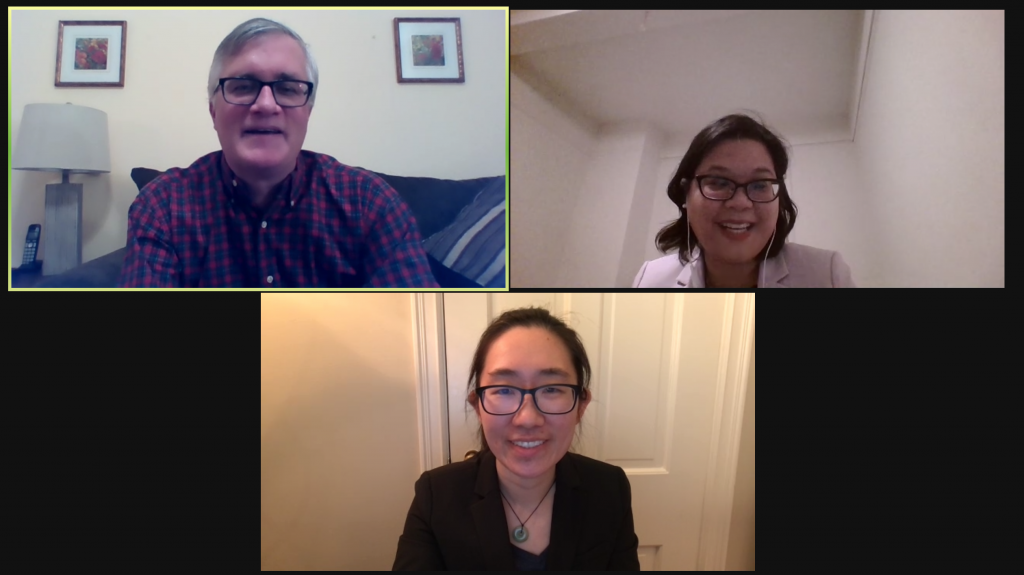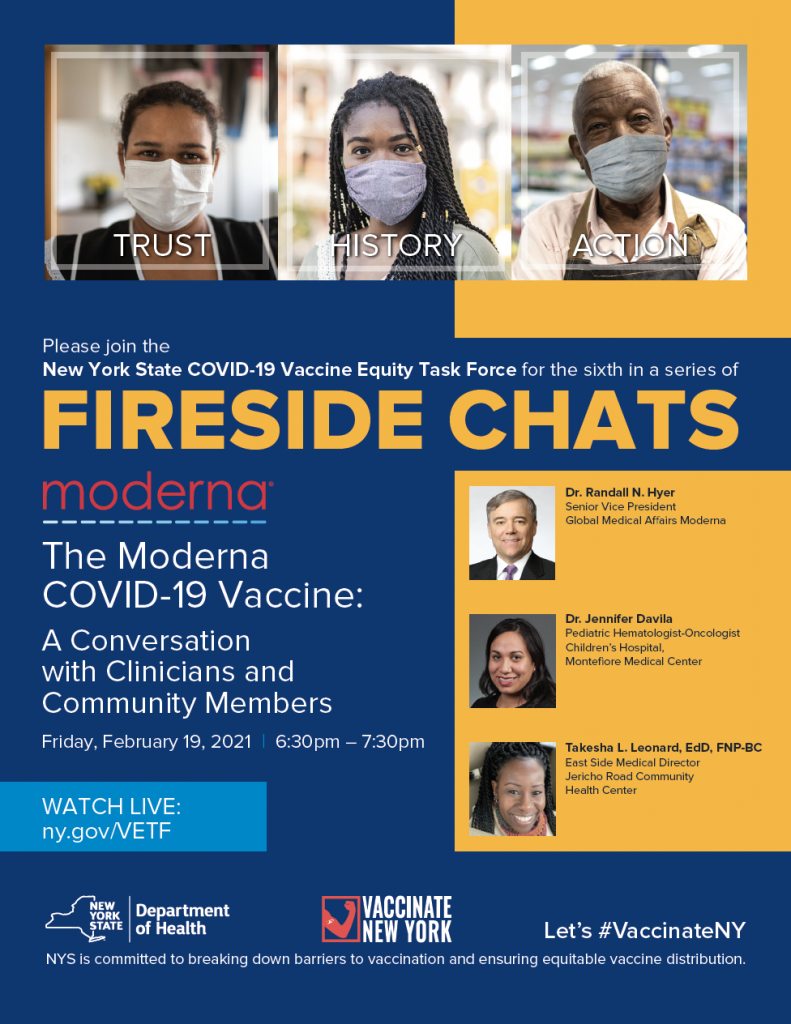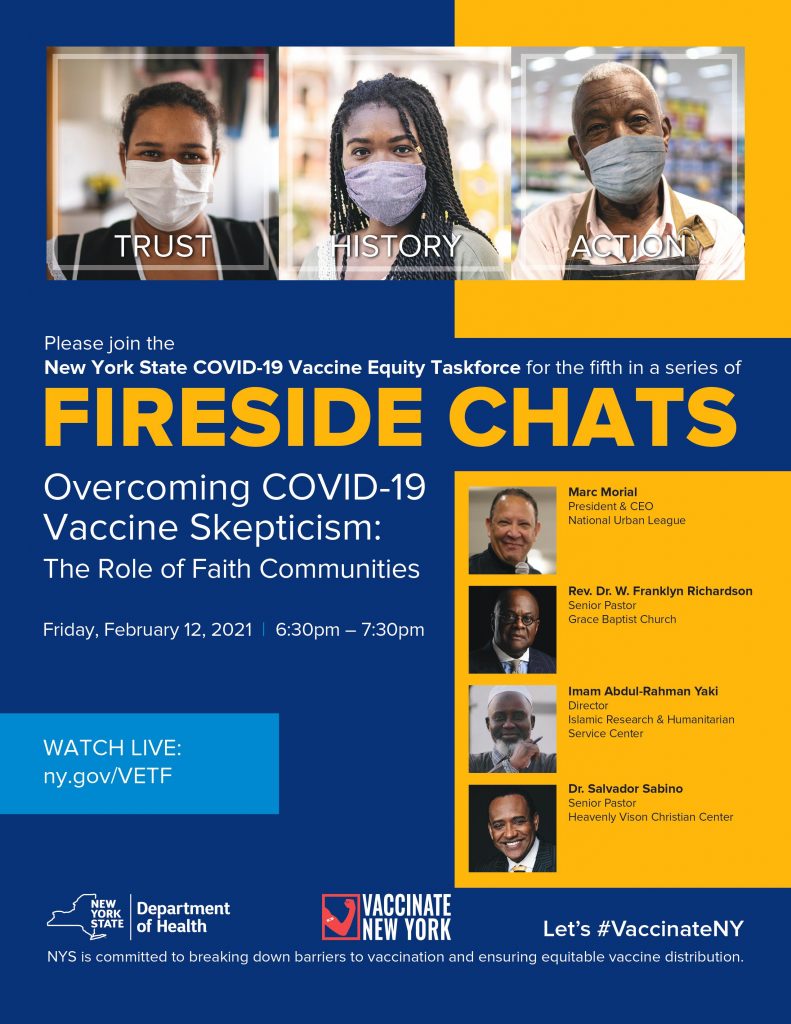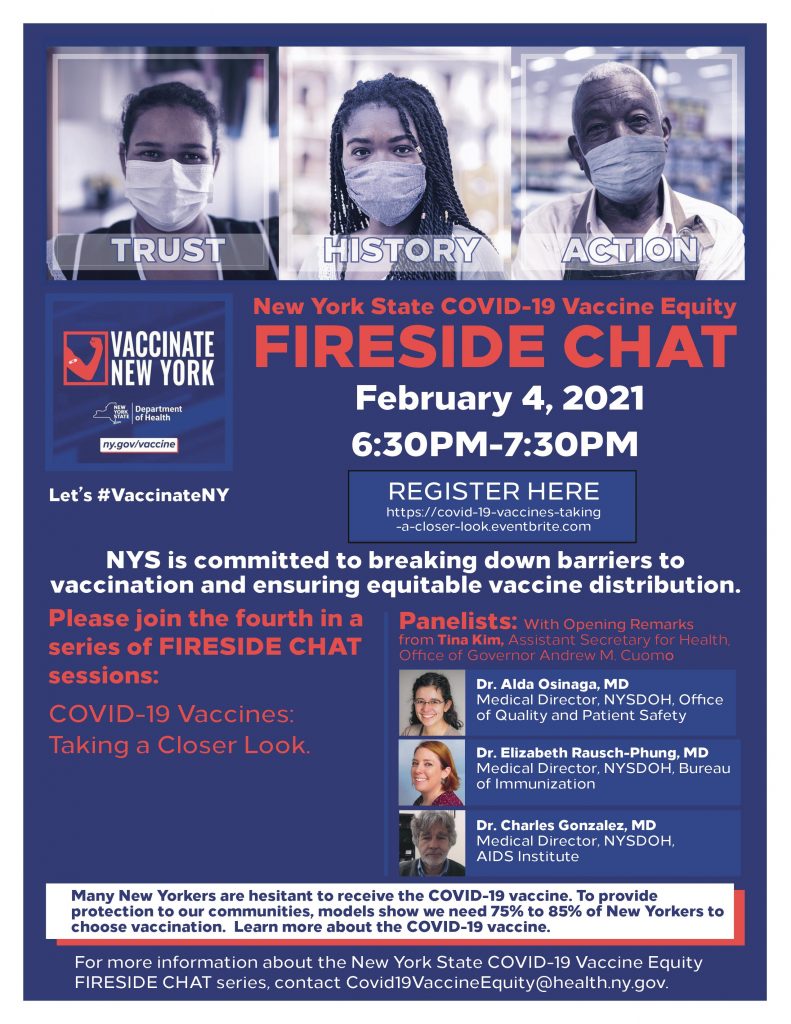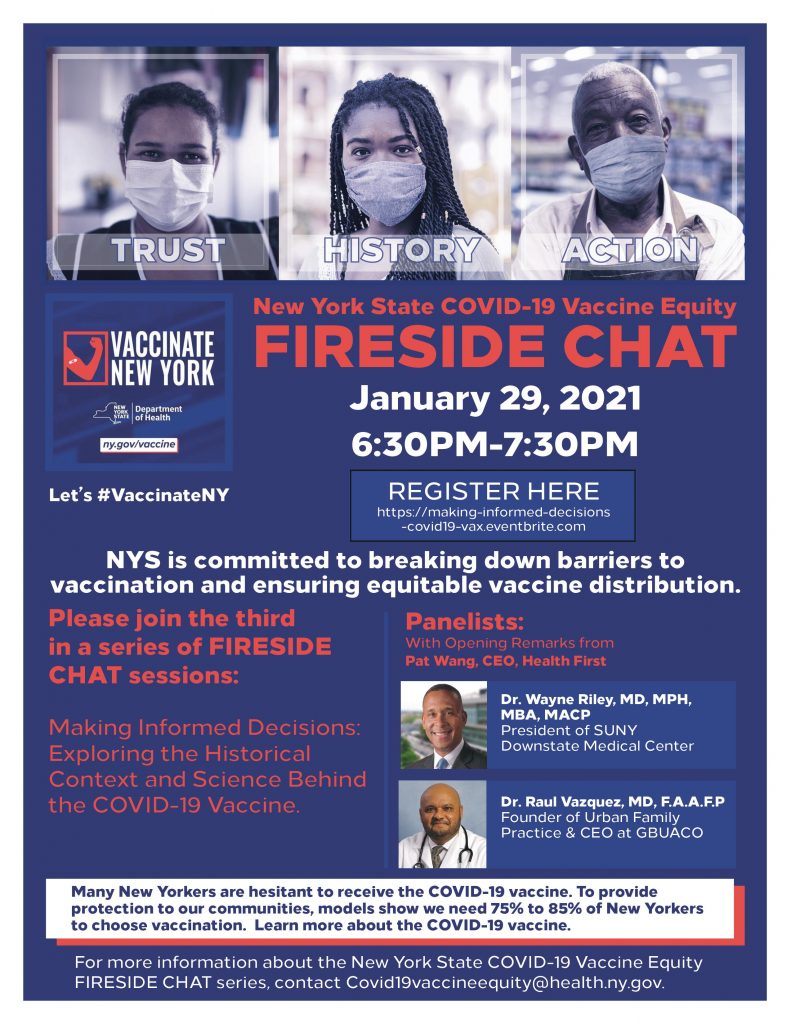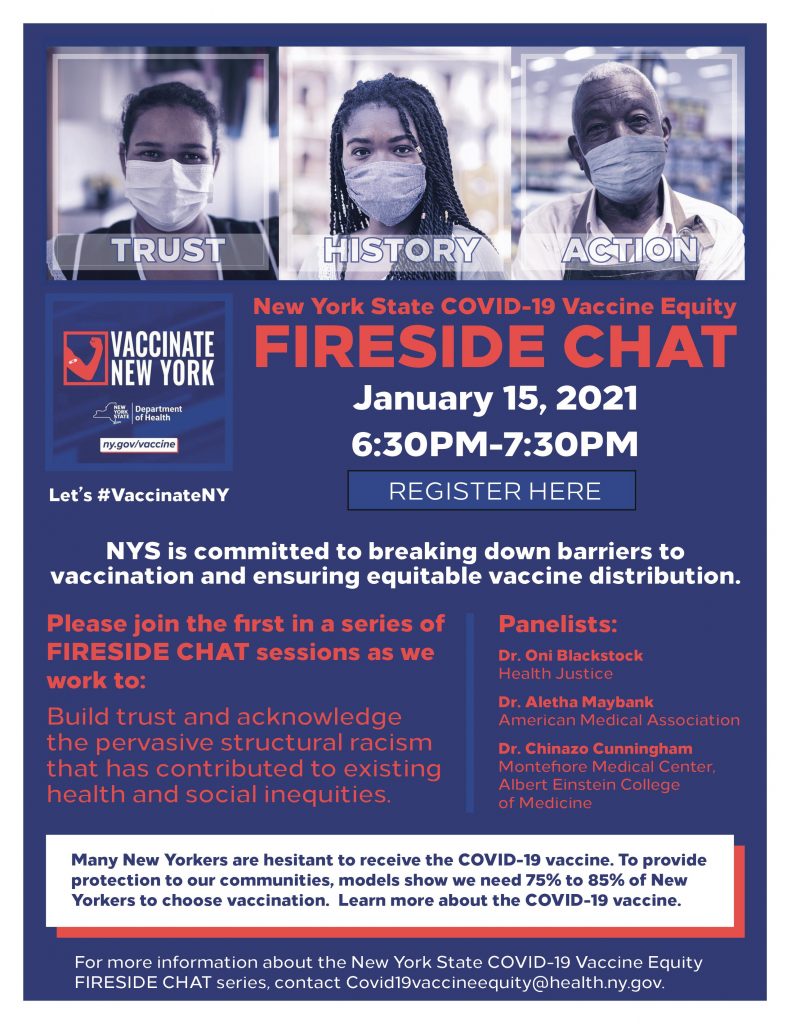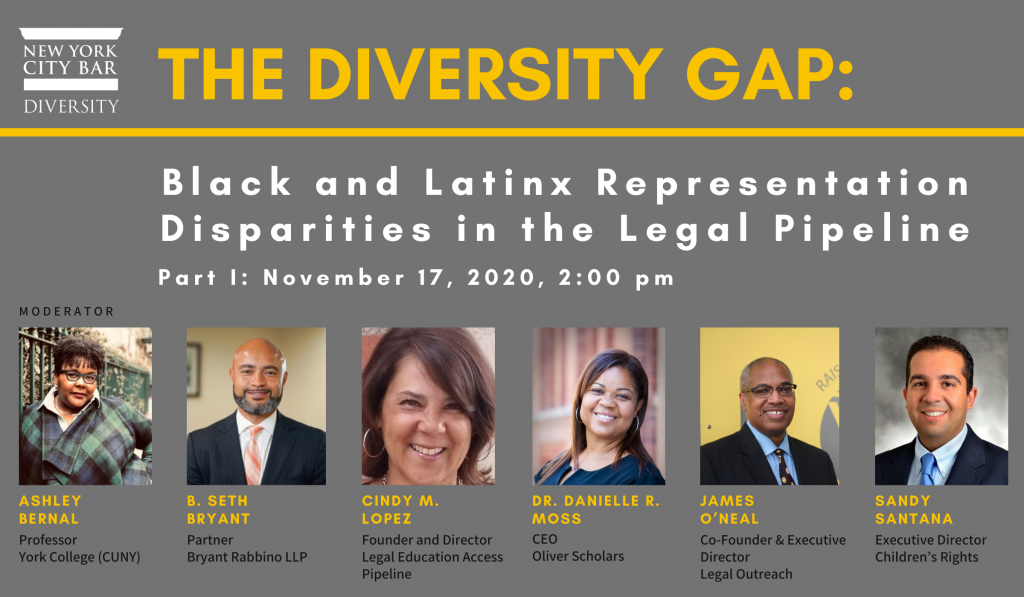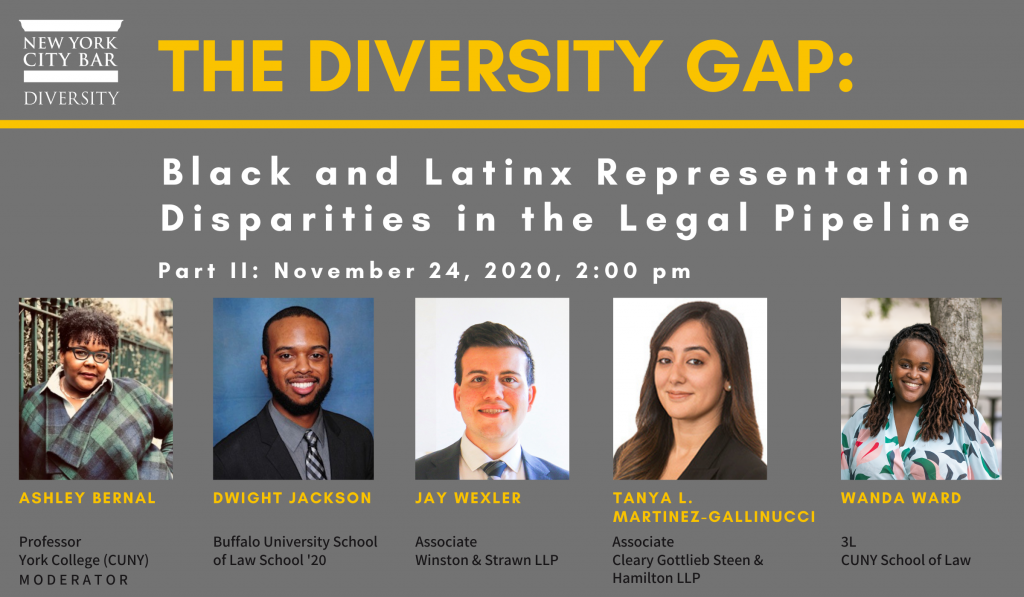In February of this year, the Asian American Bar Association of New York (AABANY) released its report A Rising Tide of Hate and Violence against Asian Americans in New York During COVID-19: Impact, Causes, Solutions, co-authored with Paul, Weiss, detailing the surge of anti-Asian hate and violence as a result of the pandemic. The report advanced seven carefully-considered proposals for combating anti-Asian racism and discrimination, including, a call for “Greater Representation of Asians in Law Enforcement, Public Office, and the Courts.” Consistent with this proposal, AABANY joined in a statement with the South Asian Bar Association of New York (SABANY), Korean American Lawyers Association of Greater New York (KALAGNY), and the Filipino American Lawyers Association of New York (FALA-New York), calling on the New York State Unified Court System (UCS) to appoint Asian American Pacific Islander (“AAPI”) judges to fill the positions of Administrative Judge in the Civil Court of the City of New York, Administrative Judge of Supreme Court, Criminal Term in Bronx County, Administrative Judge of Supreme Court, Criminal Matters in Queens County, and Appellate Term, First Department.
As the accompanying press release for the joint statement issued on June 15 notes, “the lack of Asian representation on the bench is not a recent phenomenon.” As AABANY’s report explains, “Racism and bias fester where positions of power are held primarily by the white majority. Institutions that are meant to both represent and serve justice to the community will be more effective if they more closely reflect the composition of the community.” Efforts to increase diversity in the judiciary comprise first steps to ensuring the legal system can protect all Americans, regardless of racial identity.
Secretary Jeh Johnson elucidated in his October 1, 2020 Report from the Special Advisor on Equal Justice in the New York State Courts that “the overwhelming majority of the civil or criminal litigants in the Housing, Family, Civil and Criminal courts in New York City are people of color,” but “[b]oth the Minorities and Williams Commissions identified the lack of diversity among judges and non-judicial employees within the court system as a major issue affecting the administration of justice in the state.” Though these courts serve many litigants from communities of color, the bench does not reflect that diversity, with the overwhelming number of judges being male and white. Secretary Johnson concludes, “The sad picture that emerges is, in effect, a second-class system of justice for people of color in New York State.”
AABANY, through its joint statement with SABANY, KALAGNY, and FALA-New York, reaffirms its commitment to the fair administration of justice for all, calling for change to the longstanding under-representation of AAPI judges in New York State. Read more here.


